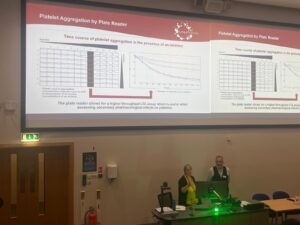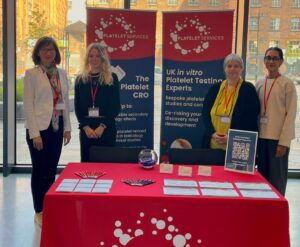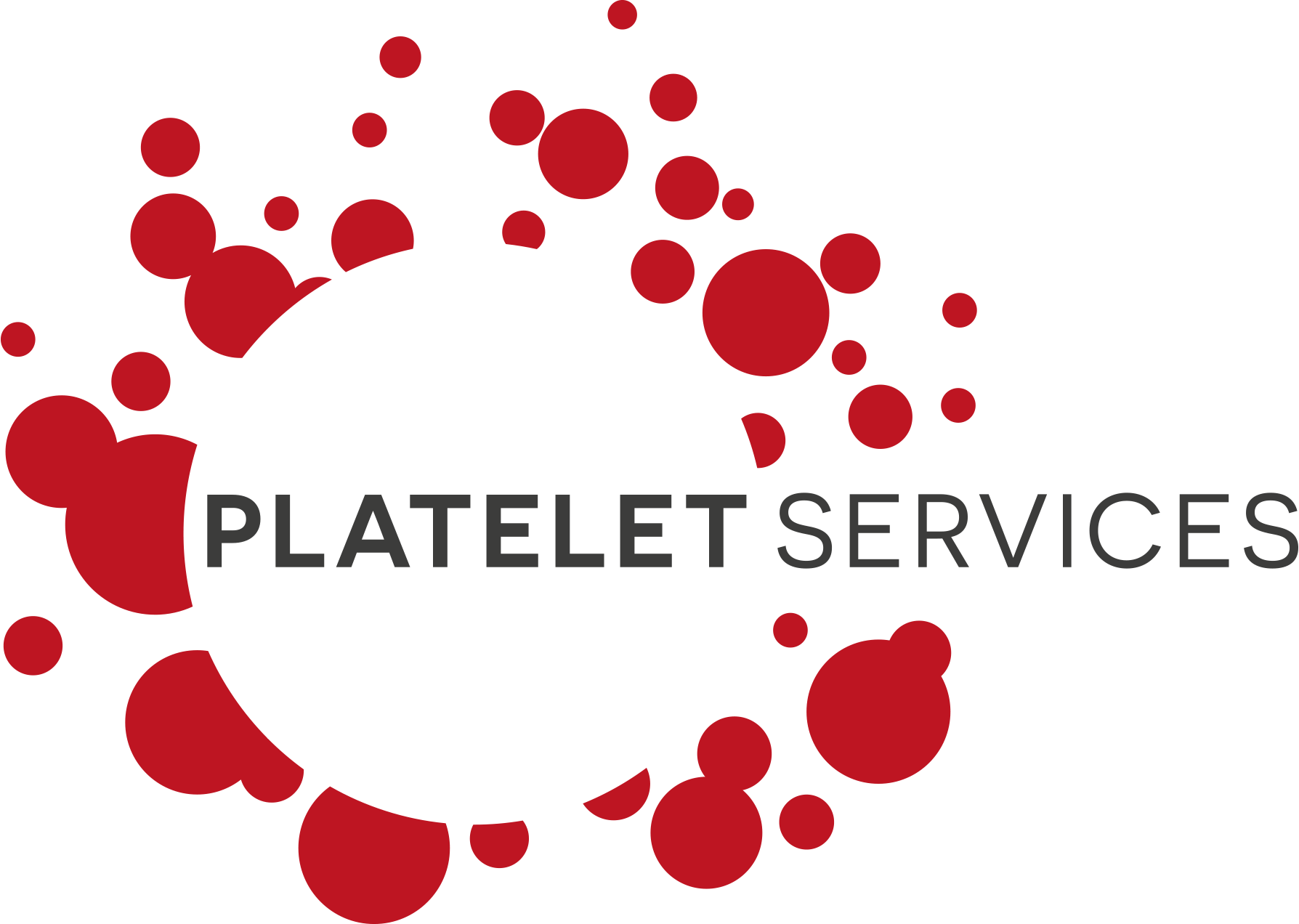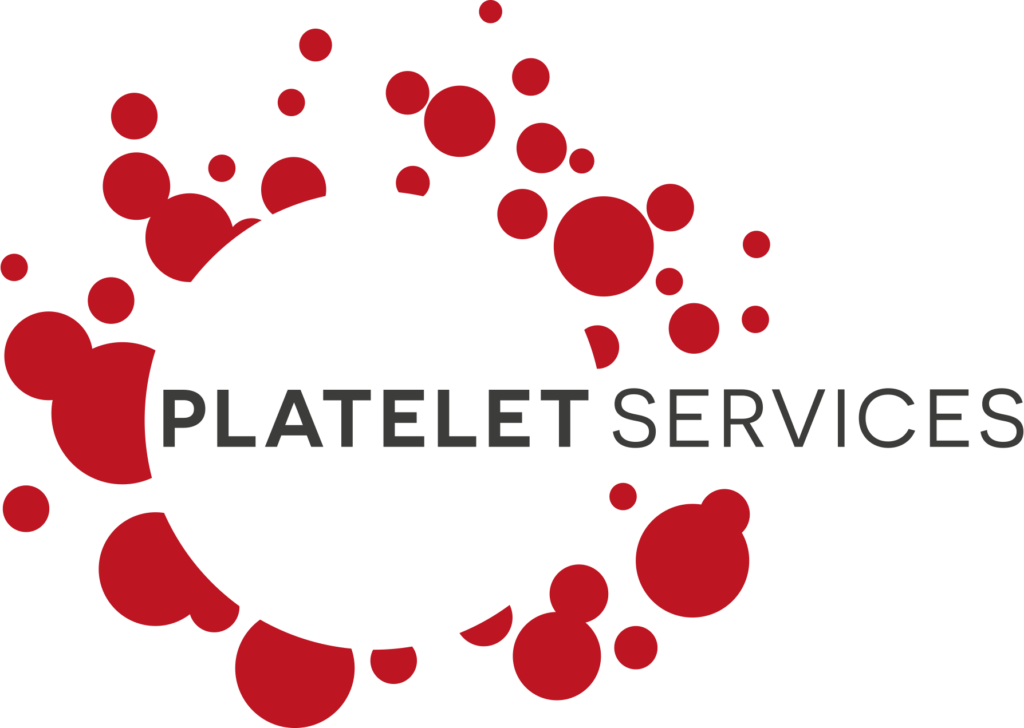The Platelet Services team were pleased to sponsor and participate in this year’s meeting of the Platelet Society held in the Dalton Building at Manchester Metropolitan University, from April 23-25.

We particularly enjoyed sharing, in a joint poster and flash presentation with Molecular Devices, the progress made in converting platelet function testing to a 96-well format, enhancing our offering to drug discovery clients. It seemed apt to be discussing this “industrialisation” of platelet function testing in the heart of the world’s first industrial city.
The programme was wide-ranging, with a mix of basic, translational, and clinical science. With so many excellent presentations, it is difficult to pick a single highlight from each of these areas, but these are ones that stood out for us:
Sophie Leonard (Hull York Medical School) presented her studies demonstrating the loss of the anti-platelet effects of prostacyclin in hypoxic conditions. It seems that this work builds nicely on historical observations that hypoxia can inhibit prostacyclin production.
 In the translational space, Azziza Zaabalawi (Manchester Metropolitan University) described the validation of the use of human placental vessels for establishing models of haemostasis and thrombosis. This offers the potential to utilise an otherwise waste human tissue to provide clinically-relevant data, while reducing animal usage.
In the translational space, Azziza Zaabalawi (Manchester Metropolitan University) described the validation of the use of human placental vessels for establishing models of haemostasis and thrombosis. This offers the potential to utilise an otherwise waste human tissue to provide clinically-relevant data, while reducing animal usage.
Alex Bye (University of Reading) gave an overview of the TRIPLE score, which uses a combination of platelet GPVI and CD36 expression, and age, as an indicator of a platelet function phenotype associated with a high risk of thrombus formation. This could provide an alternative to platelet function testing, enabling a more accessible route to personalisation of antiplatelet therapy.
In addition, a session dedicated to bleeding disorders, platelet function and drug effects in women generated a huge amount of interest and discussion and was recognised to be a previously underrepresented theme.
Finally, the meeting saw presentation of the Gustav Born Award to Professor Steve Watson, recognising an outstanding contribution to platelet research. Steve’s talk, entitled “A Career Based on Sticking Together”, emphasised the importance of connections, teamwork (and luck) in scientific research and cleverly interwove his research career with a lifetime support of Nottingham Forest.
We look forward to reuniting with the UK platelet research community in Reading in September 2026!
Keep an eye on our News & Events page to see the events we are planning to attend.

